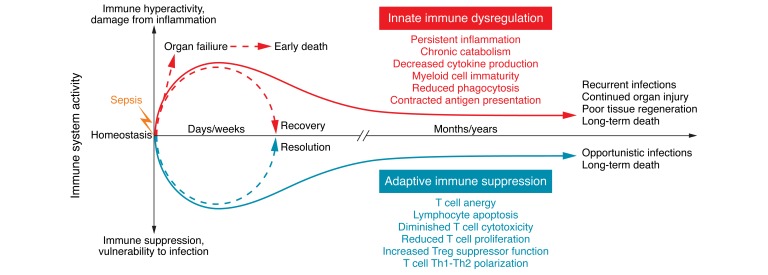Figure 2. Immune dysregulation in sepsis.
New insights into immune dysregulation have been gained using samples from deceased septic patients as well as from severely injured trauma patients. These studies demonstrate an enduring inflammatory state driven by dysfunctional innate and suppressed adaptive immunity that culminates in persistent organ injury and death of the patient. Although the initial inflammatory process, if unabated, contributes to organ failure and early mortality, this process is largely ameliorated by improvements in patient management protocols. However, considering that the vast majority of sepsis survivors are elderly with highly comorbid conditions, the short-term gains in survival have merely been pushed back by several months to a year. Although theories about the processes underlying this observation are numerous, the widespread consensus is that persistent derangements in innate and adaptive immune system cellular function are the main culprits driving long-term mortality.

